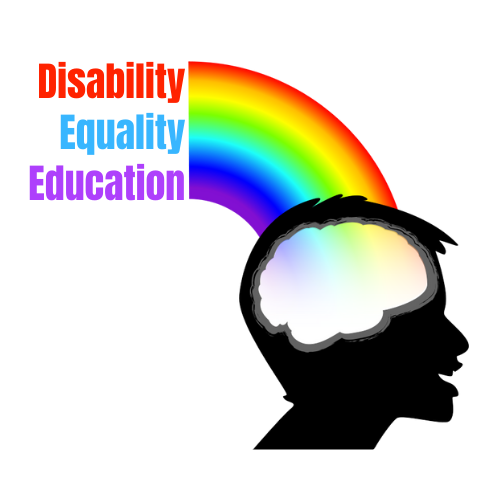Emerging America - Founding of Schools and Asylums
Emerging America - Founding of Schools and Asylums
*This lesson was developed by Emerging America and links to an external source.
Summary:
All the grades 8-10 units begin with a brief introduction to the topic. Lessons 1 & 2 could anchor study of the Second Great Awakening and other reforms of the period or integrate within a larger unit. Lesson 2 introduces some of the problems with larger scale institutionalization and thus could provide a foundation for further study of the exposés and struggles for independent living throughout the 20th century.
Intro Lesson: Introduction to Disability History
Introductory lesson slides call students to use words about disability with respect. The slides also include a definition of disability and feature pictures from the Library of Congress that show tools for access. Students generate questions.
Lesson 1: Disability and 19th Century Moral Reformers
Students explore the context and causes of the rapid growth of schools and asylums for people with disabilities in the first half of the 19th century. The lesson puts education reforms in the context of the Antebellum era of reform and evolving views on Federalism. Students analyze the 1843 report by Dorothea Dix to the Massachusetts Legislature on abuses of disabled inmates in poorhouses and prisons. Students consider the growth of schools for the Deaf, blind, and developmentally disabled. Lesson 1 slides begin with an investigation of a lithograph of the American School for the Deaf and the work of Laurent Clerc. Further slides describe the development of institutions in the early 19th century.
Lesson 2: Perspectives on Schools and Asylums
Students continue the investigation, starting with President Pierce's 1854 veto of the Dix asylum bill. Students examine the critical words of former residents of institutions, Isaac Hunt (1851) and Roland Johnson (1994), and of journalist Nellie Bly (1887). Lesson 2 slides present key documents in excerpted form. Slides and lesson resources also support an optional project in which students research the history of the institutions in their state.
This entry links to the resources that are owned by the creators and listed here for easier access within our database of lessons and resources.
Subject and topic:
Civics and History, Disability History
Grade level:
8 - 10
Duration:
Intro lesson: 55 minutes.
Lesson 1: 50 minutes.
Lesson 2: 80 minutes. Research projects add 50-140 minutes.
Our Notes for teaching these lessons:
Please note that the format of Emerging America lessons at the time of review was not well-suited for screen readers with the excessive use of tables and images with insufficient descriptions. We share this for blind teachers as well as teachers who have blind students who may need additional description provided.
We welcome your feedback as you teach these lessons, Please share your notes with us by emailing us.
Lesson 1:
Instead of simply discussing one definition of disability, discuss why people have needed multiple definitions of disability and where they help and where they are not effective/not helpful.
How have terms introduced at one time as legal and scientific terms become slurs? Were they harmful to disabled people when they were introduced? Why/ Why not? If you don’t think there’s a problem with a term someone declares is a slur, is it ever ok to continue using it?
Whose voices are we not hearing in these primary materials? Why do you think that is? Can someone ever effectively speak for someone else?
Lesson 2:
We recommend 2 books you may consider reading in conjunction with this lesson:
Show Me A Sign by Clare LeZotte
Free as A Bird by Gina McMurcy-Barber
Students can consider what supports the people in the lesson needed to live their lives as well as thinking of the supports they themselves need.
The goal of this this is to consider what is wrong with considering some people’s needs as charity.
Whose supports are considered essential to civil rights and what should be supported inherently vs thought of as charity.
Opportunity to discuss unconscious/implicit bias -
Why do you think doctors or other medical professionals whose job it was to heal people would have abused someone with a disability?
Why were disabled people considered charity and not equal citizens in need of support?
Links to download lessons:
Homepage for Founding of Schools and Asylums
Lesson: Introduction to Disability History
